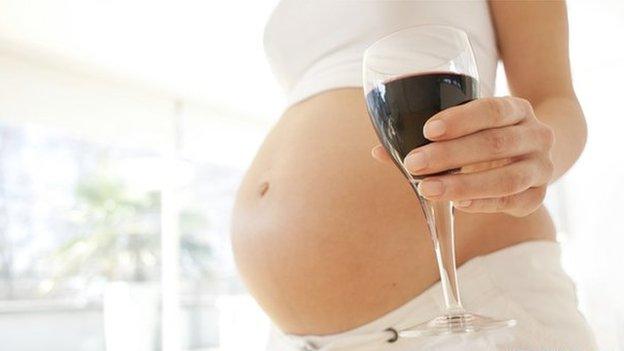Women should not drink 'at all' during pregnancy, says MP
- Published
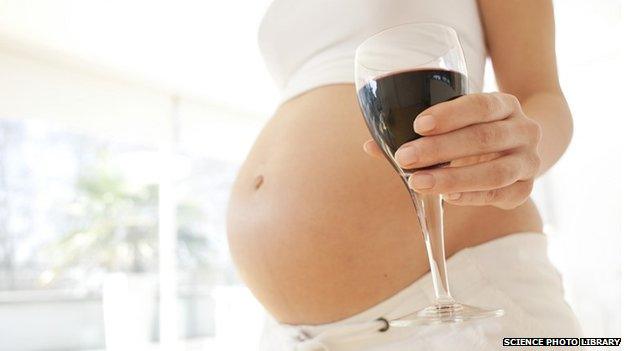
A Labour MP is seeking better labelling of alcoholic beverages to warn pregnant women against drinking alcohol.
Bill Esterson, Sefton Central MP, said one in 100 babies born every year in the UK were harmed by alcohol drunk during pregnancy.
He said current guidance was contradictory, which was causing confusion among many pregnant women.
The MP said expectant mothers should not drink "at all" to avoid any potential harm to their unborn child.
He said the effect on a child could range from reduced intellectual ability and behavioural problems, to heart problems and premature death.
The chief medical officer for England is currently reviewing alcohol guidelines, but Mr Esterson said this "appears to be taking a very long time".
He said current labelling on alcoholic drinks was "inadequate as well as not being universal" and proposed a mandatory system of "clear and persistent" labels to warn expectant mothers to avoid alcohol.
The Royal College of Obstetricians and Gynaecologists has said, external "current scientific opinion points to there being no hard evidence that very small amounts of alcohol consumption during pregnancy are harmful".
'Apparent contradiction'
Introducing his bill in the House of Commons, Mr Esterson it was known heavy drinking during pregnancy increased the risk of Foetal Alcohol Syndrome, but there was "a lack of consensus" on the potential effects caused by a small amount of alcohol.
"Much scientific evidence suggests that there is no safe limit when it comes to drinking in pregnancy but sadly not everyone is aware of the dangers," he told MPs, and warned that small amounts of alcohol could cause "mild brain damage" in an unborn child.
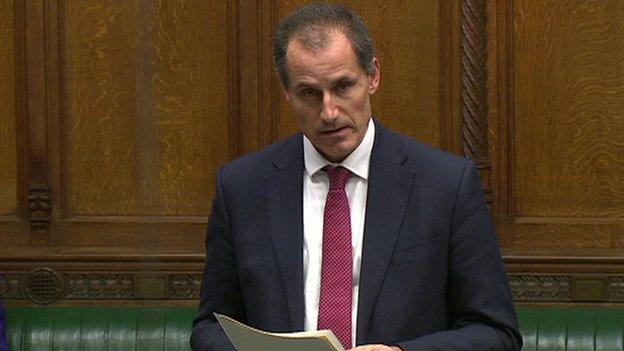
Mr Esterson launched his campaign designed to cut instances of unborn children being harmed by drinking during pregnancy
England's Chief Medical Officer advises that women who are pregnant or trying to conceive "should avoid drinking alcohol altogether" but, if they choose to drink, should consume "no more than one or two units once or twice a week", nor get drunk.
But Mr Esterson raised concerns about the "apparent contradiction and advice given by the chief medical officer".
He said: "Now not everyone whose mother drinks during pregnancy suffers damage that affects their life chances and this is certainly not an attack on women.
"But the damage done by alcohol to too many children shows the need for action and shows that too many of us do not understand the potential risks of drinking alcohol at any point during pregnancy."
Education
His bill, he explained, would avoid "confusing or conflicting advice, whether from government or elsewhere" and introducing mandatory "clear" labelling "that cannot be easily missed and that gives the best advice".
"That advice must be not to drink at all while pregnant or trying to conceive. Such a system of labelling should be designed to help cut the number of children damaged at great cost to themselves and to society," he added.
However, the Labour MP also counselled that better labelling was "only part of the answer", and stressed the benefits of education.
Citing Canada as an example, he told MPs children as young as four are taught about the harmful impact alcohol can have on unborn babies, and that posters about Foetal Alcohol Syndrome are displayed in shops, train and airports and surgeries.
Mr Esterson called on the drinks industry to make changes to their labels without legislation, and urged the government to update its guidance.
His bill received an unopposed first reading - allowing it to proceed to the next stage - and is scheduled to be debated by MPs on 6 March 2014.
However, it is unlikely to become law due to lack of parliamentary time.
- Published17 April 2013
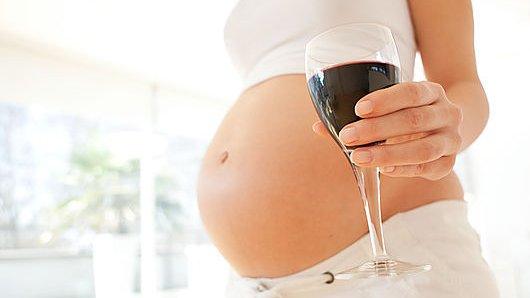
- Published7 October 2014
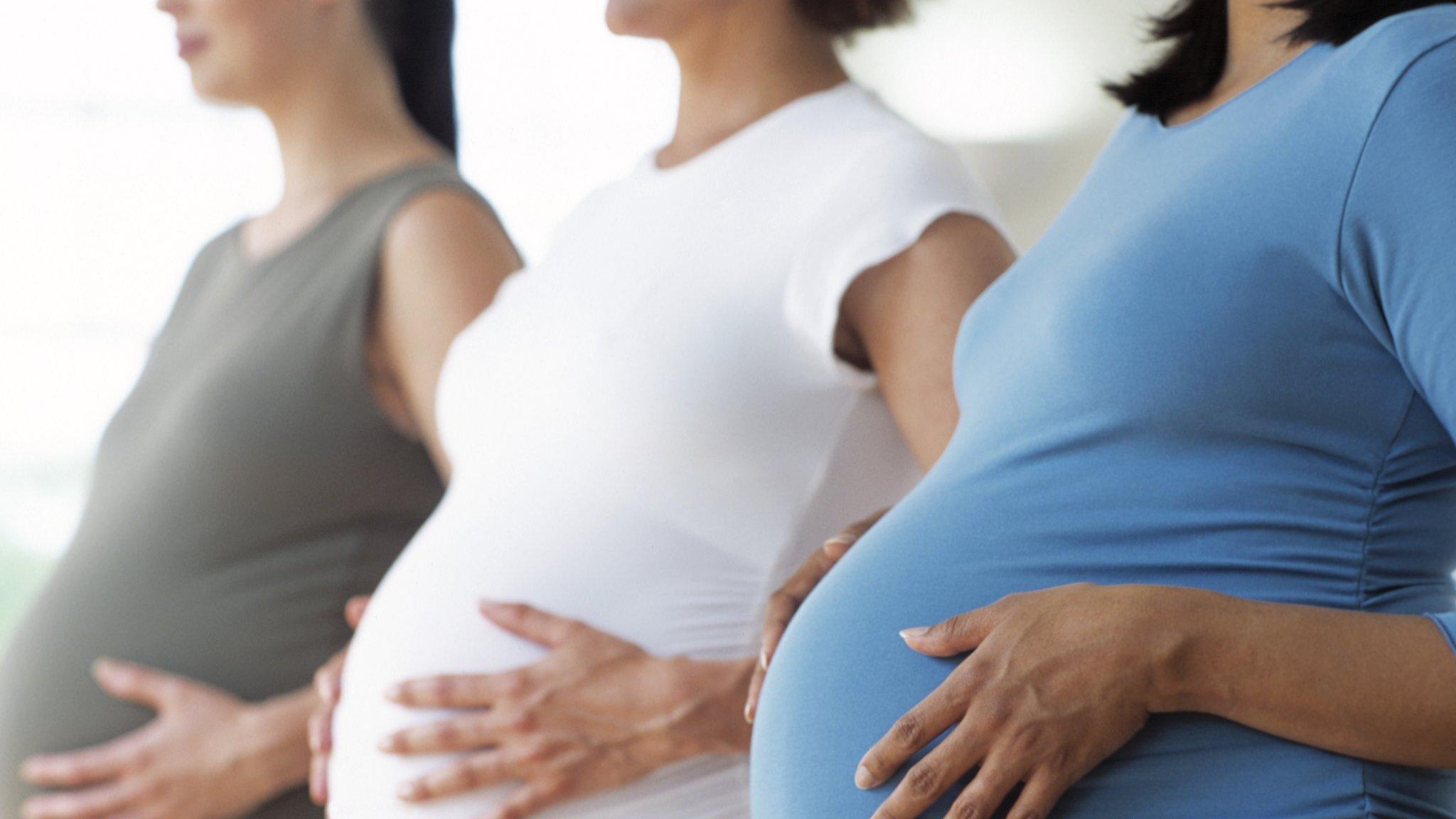
- Published4 December 2014
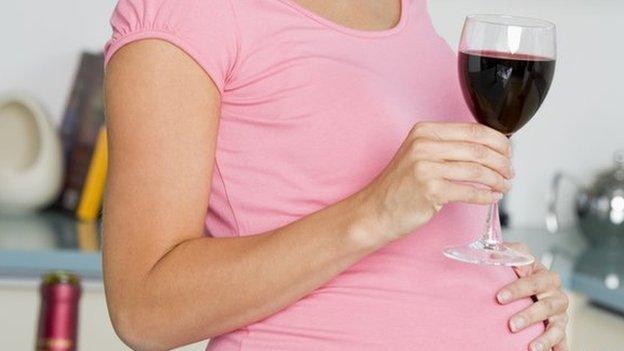
- Published5 March 2014
